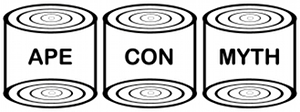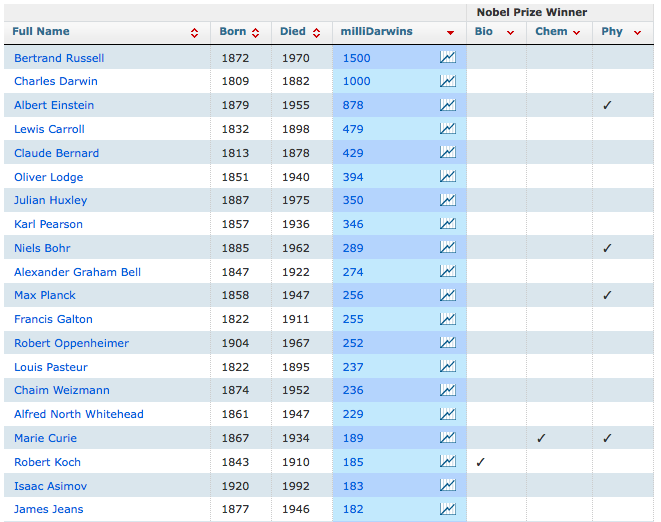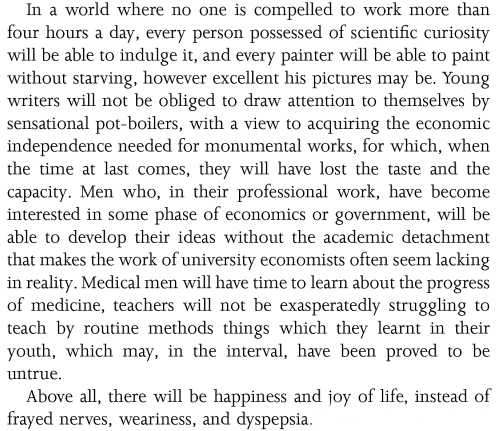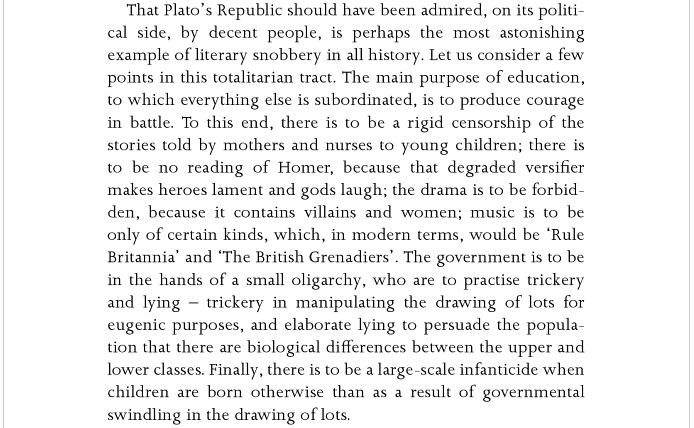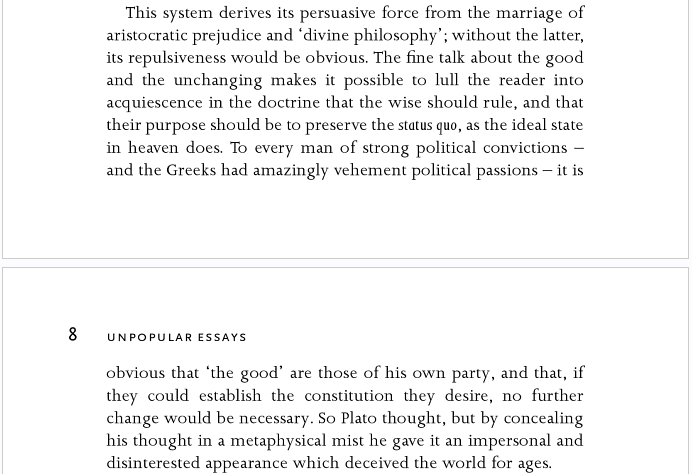In 1951, Bertrand Russell wrote a piece for the New York Times Magazine entitled “The best answer to fanaticism: Liberalism,” which concluded as such…
Perhaps the essence of the Liberal outlook could be summed up in a new decalogue, not intended to replace the old one but only to supplement it. The Ten Commandments that, as a teacher, I should wish to promulgate, might be set forth as follows:
1. Do not feel absolutely certain of anything.
2. Do not think it worth while to proceed by concealing evidence, for the evidence is sure to come to light.
3. Never try to discourage thinking for you are sure to succeed.
4. When you meet with opposition, even if it should be from your husband or your children, endeavor to overcome it by argument and not by authority, for a victory dependent upon authority is unreal and illusory.
5. Have no respect for the authority of others, for there are always contrary authorities to be found.
6. Do not use power to suppress opinions you think pernicious, for if you do the opinions will suppress you.
7. Do not fear to be eccentric in opinion, for every opinion now accepted was once eccentric.
8. Find more pleasure in intelligent dissent than in passive agreement, for, if you value intelligence as you should, the former implies a deeper agreement than the latter.
9. Be scrupulously truthful, even if the truth is inconvenient, for it is more inconvenient when you try to conceal it.
10. Do not feel envious of the happiness of those who live in a fool’s paradise, for only a fool will think that it is happiness.
It’s quite the ‘eat your vegetables’ kind of list. But what would the other side of this coin look like? Would the essence of the Conservative outlook of the time really sound something like…
1. Feel absolutely certain about everything.
2. It is worth while to proceed by concealing evidence, because there’s a chance the evidence won’t come to light and until then it will benefit you.
3. Discourage thinking.
4. When you meet with opposition, overcome it by authority and not by argument, for you might lose the argument.
5. Have respect for authority, for they are right.
6. Use power to suppress opinions you think harmful, for it will suppress them.
7. Fear to be eccentric in opinion, for though an opinion might one day be accepted, until then it will be suppressed.
8. Find pleasure in passive agreement.
9. Be scrupulously untruthful, even if the truth is convenient.
10. Envy the happiness of those who live in a fool’s paradise.
What a frightening experiment. You could see why no one would promote such a set of ideas explicitly, but, other than tactically, could anyone truly believe in them?
[h/t Marginal Revolution]